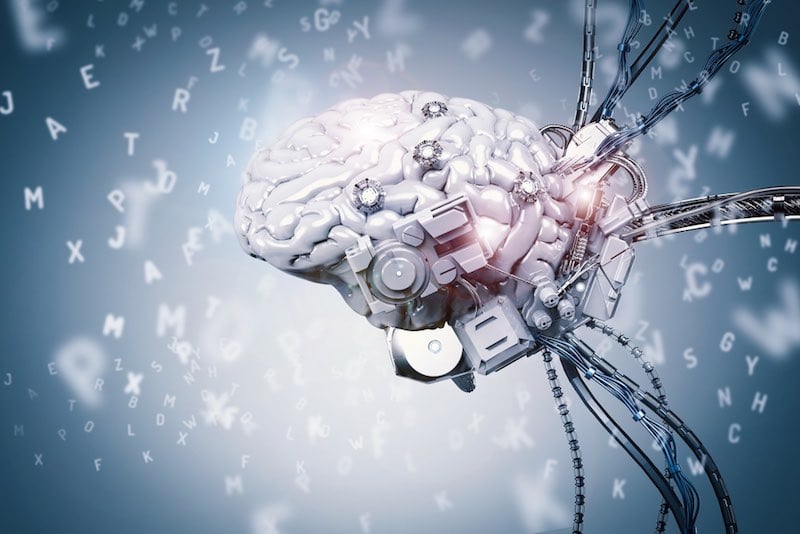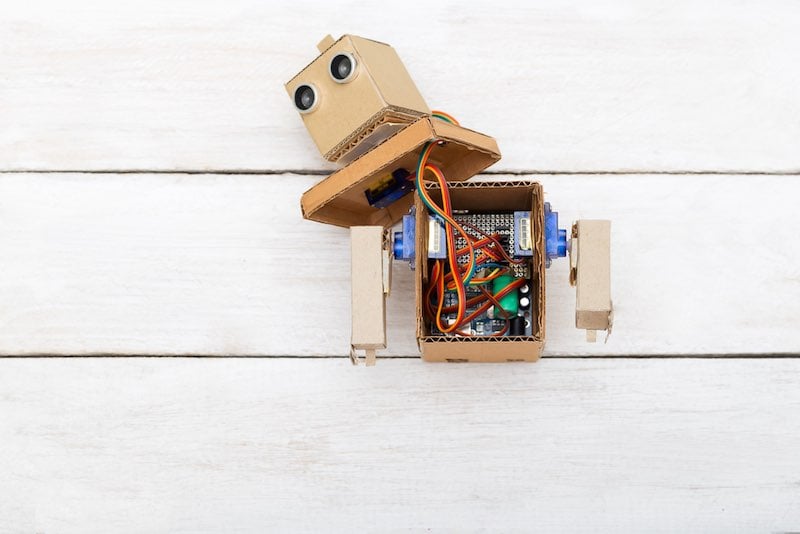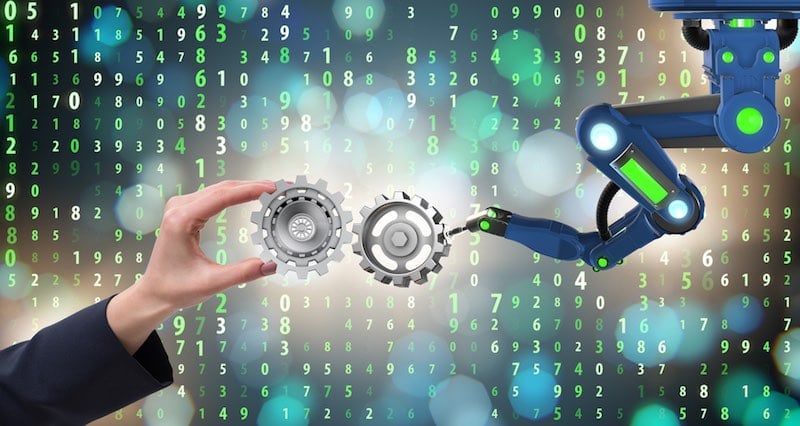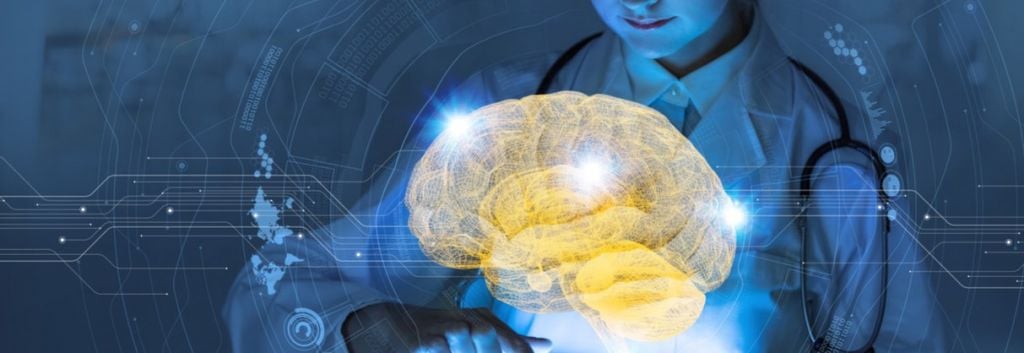AI, or artificial intelligence, has taken root in biotech. In this article, we explore its newfound niches in the industry.
Artificial intelligence (AI) and machine learning (ML) have become ubiquitous in tech startups, fueled largely by the increasing availability and amount of data and cheaper, more powerful computers. Now, if you are a new tech startup, ML or AI capabilities represent your minimum ticket to enter the industry. Over the past few years, AI and ML have started to peek their heads into the realm of biotech, due to an analogous transformation of biotech data.
We are beginning to see partnerships form between Big Pharma and biotech startups that employ AI and ML for drug discovery and other purposes. Positive results have already come out of joint projects, notably the delay in the onset of motor neuron disease in an efficacy study conducted by SITraN on a drug candidate proposed by BenevolentBIO.
With these results in mind, we must ask ourselves the question, what is the role of AI and ML now and also in the future of biotech?

Diagnostics
Diagnostic assays today are usually developed once and only updated when there is a significant paradigm shift. Because of this, there are missed opportunities to improve the assay when the true results of previous diagnoses become known. However, ML techniques can immediately use the true result to improve the diagnostic test. This means that the more diagnostic tests that are run, the more accurate the test can become.
Currently, the most obvious implementation of ML techniques for diagnostics lies in genetic analysis. Sophia Genetics, the Swiss startup founded in 2011, exemplifies the state of the art. They intake a biopsy or blood sample from the patient, process the sample, and then analyze the data with their powerful analytical AI algorithms.
In Sophia Genetics’ case, the data analysis takes a few days with its platform, rather than several months like the current standard. While speed is clearly a benefit, the long-term advantage is that the machine learning algorithm that’s behind the AI analysis enables the diagnostic process to become smarter with each iteration.
Besides genetic analysis, ML techniques can be used in any diagnostic that can be digitized, allowing the algorithm to determine the correct “features” to embed into its final decision-making process. DNAlytics demonstrates another use of ML in diagnostics, using the advanced computations to help diagnose rheumatoid arthritis.

Lab Assistants
Tedious tasks done in the lab such as designing constructs for gene editing or data analysis are slowly being handed over to AI programs as well, as a sort of secretarial work. Desktop Genetics has created a novel platform to design gene editing constructs using CRISPR that works through AI. Their gene editing platform follows the entire process, from selecting proper sgRNA molecules to analyzing the data of the experiment.
The power of AI allows them to more quickly and effectively construct CRISPR libraries that may be needed for a single experiment or an entire lab. Especially for people who do not have much experience working with CRISPR-Cas9, this platform is valuable to not only expedite the process from designing to conducting an experiment but also to ensure that the guides are as effective as they can be, improving the efficacy of gene editing.
For scientists who want quicker and/or easier data analysis, there are startups focused on using AI to look at many types of data. H2O.ai is an open-source platform on which people can analyze data using thousands of different statistical analysis models. While H2O.ai is industry-agnostic, there are a few startups focused specifically on healthcare and biotech data, alleviating the burden of data analysis from healthcare providers.
Increasingly more data is being generated, but not all of this data can be used, much less appropriately, at the moment. These startups are aiming to reduce the bottleneck at data analysis to take advantage of the rich datasets that exist.

Drug Discovery
Arguably, the most exciting advances in biotech using AI and ML have been in drug discovery. Current drug discovery economics are unsustainable, with costs now averaging over $2.5B and 12 years of trials for a single drug. The low-hanging fruit have already been picked, yet new approaches have not risen to reach the higher hanging ones.
However, AI and ML hope to be the solution that Big Pharma has been looking for. The computing technologies promise to make drug discovery cheaper and quicker, effectively making the time needed for lead discovery a small fraction of what it is today. Partnerships are already forming between young startups and pharma giants, and we should expect more to come at an increasing rate.
Several approaches exist for startups to make these advances happen. Some startups are focused on leveraging the increasing amount of genetic data and cheap sequencing to approach drug discovery from a genetics standpoint. Others are employing computer vision to analyze images of cells that have been treated with drug compounds, which eliminates the need for scores of PhDs to painstakingly peer into a microscope and screen for compounds of interest.
A few companies are taking a structure-based approach to drug discovery, using ML to find small molecules that could provide therapeutic benefits based on known target structures. Lastly, startups like BenevolentBIO use AI to pore over the vast, existing scientific data. With those results, they can make use of previously conducted studies to better inform future experiments and clue researchers into possible missteps in previous trials or even better designations for drugs.

With AI and ML seeping into more and more parts of biotech, what will the future bring? Lab assistant startups and diagnostics are trying to make healthcare providers and scientists more effective at their job, and I foresee the incorporation of tech making the pie bigger for almost everyone in these spaces.
For drug discovery, there seems to be a less symbiotic relationship at play with their customers. The startups act as Drug-Candidates-as-a-Service (DCaaS) companies, selling their findings to those who have the capital, both financial and human, to push the candidates further down the research pipeline.
Yet, aside from IBM’s Watson initiative, large companies seem content to outsource this lead discovery step in R&D. Are they short-sighted? What happens to current behemoths when these small startups creep further into the R&D pipeline, conducting their own clinical trials and eventually selling the drugs they find themselves?
If we assume that the infusion of AI and ML into biotech will only increase, there seems to be only two outcomes: large companies with cash to spare will start acquiring these startups early and embedding the computational techniques into their current R&D structure, or current market leaders will slowly lose their grip on drug development to tech-enabled biotechs and become content producing generic drugs, at best.
With all of the good aspects of AI in biotech, there are a few challenges that could put a damper on progress. Most notably, the large volume of data is often stored in disparate or incompatible mediums, making it difficult to consolidate results and draw upon the entire wealth of data. Furthermore, data privacy is also a concern, particularly for companies using cloud computing to analyze patient-derived data, but at least in the US trailblazers have already jumped this hurdle.
Overall, AI and ML are coming into biotech and are here to stay. What will exactly happen is still up for debate, and AI biotech companies are still being formed, with good reason. The future of biotech is being written at this moment. The question is: who is writing it and what are they writing?
Michael Snyder is a MBA & MS in Bioengineering candidate at Stanford. Formerly a bioengineering researcher at EPFL and Boston University.
Images via Shutterstock






